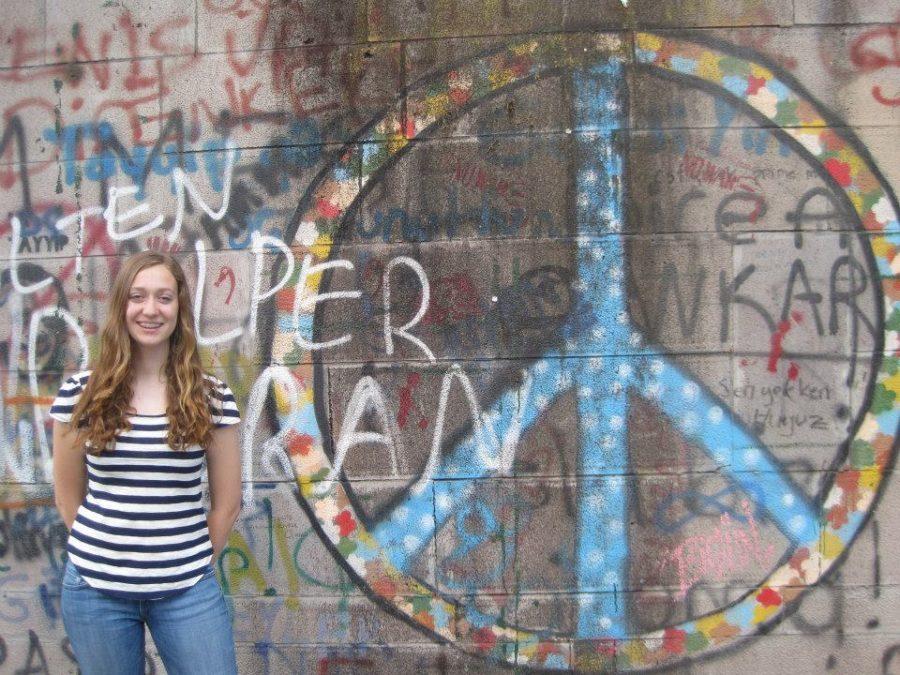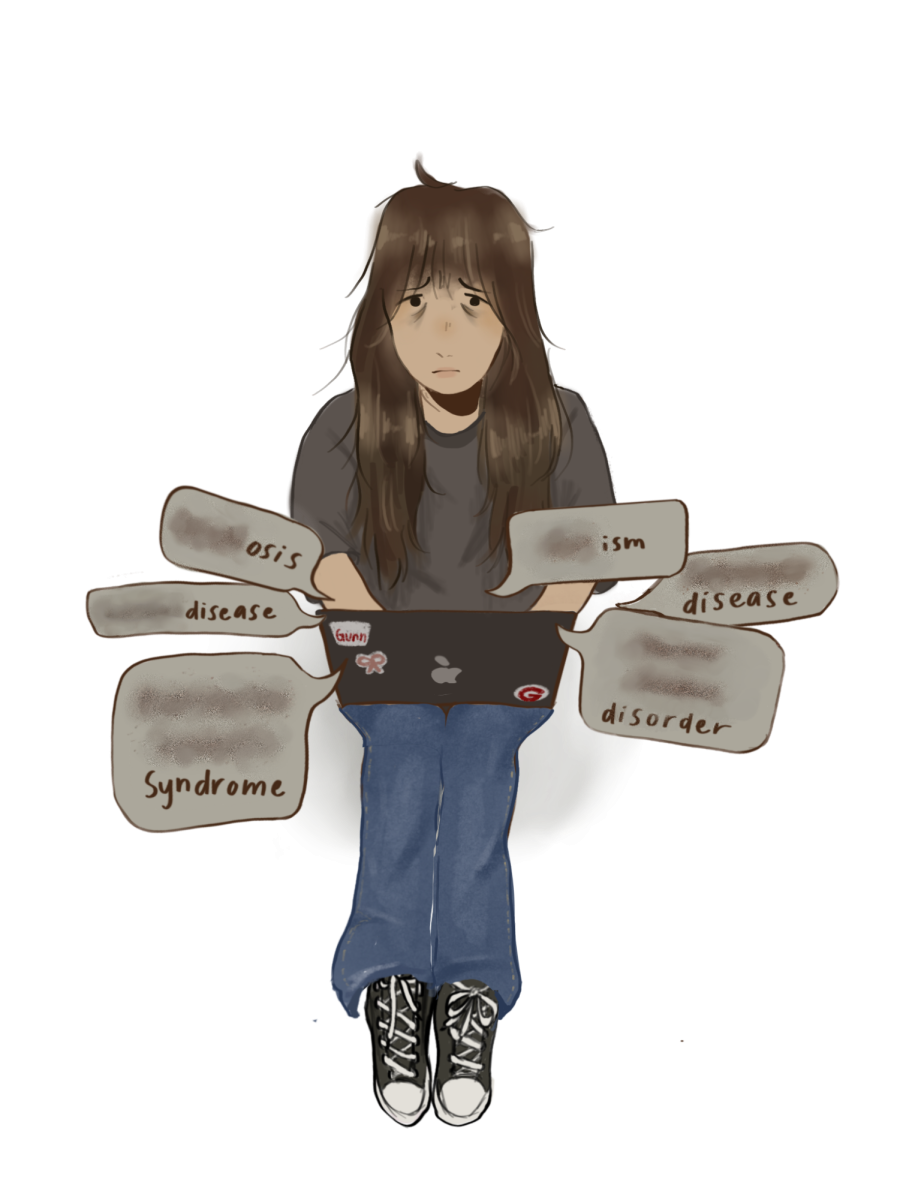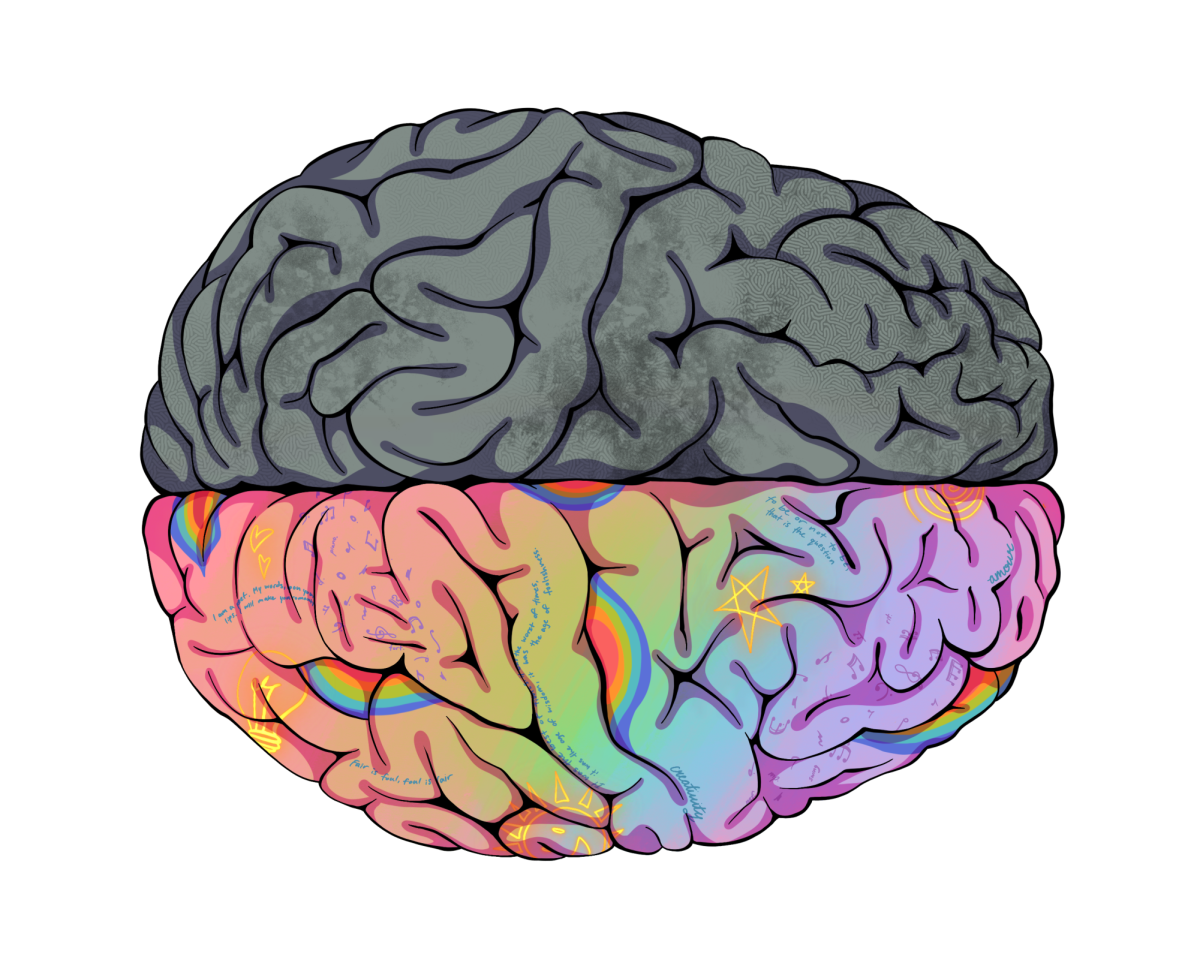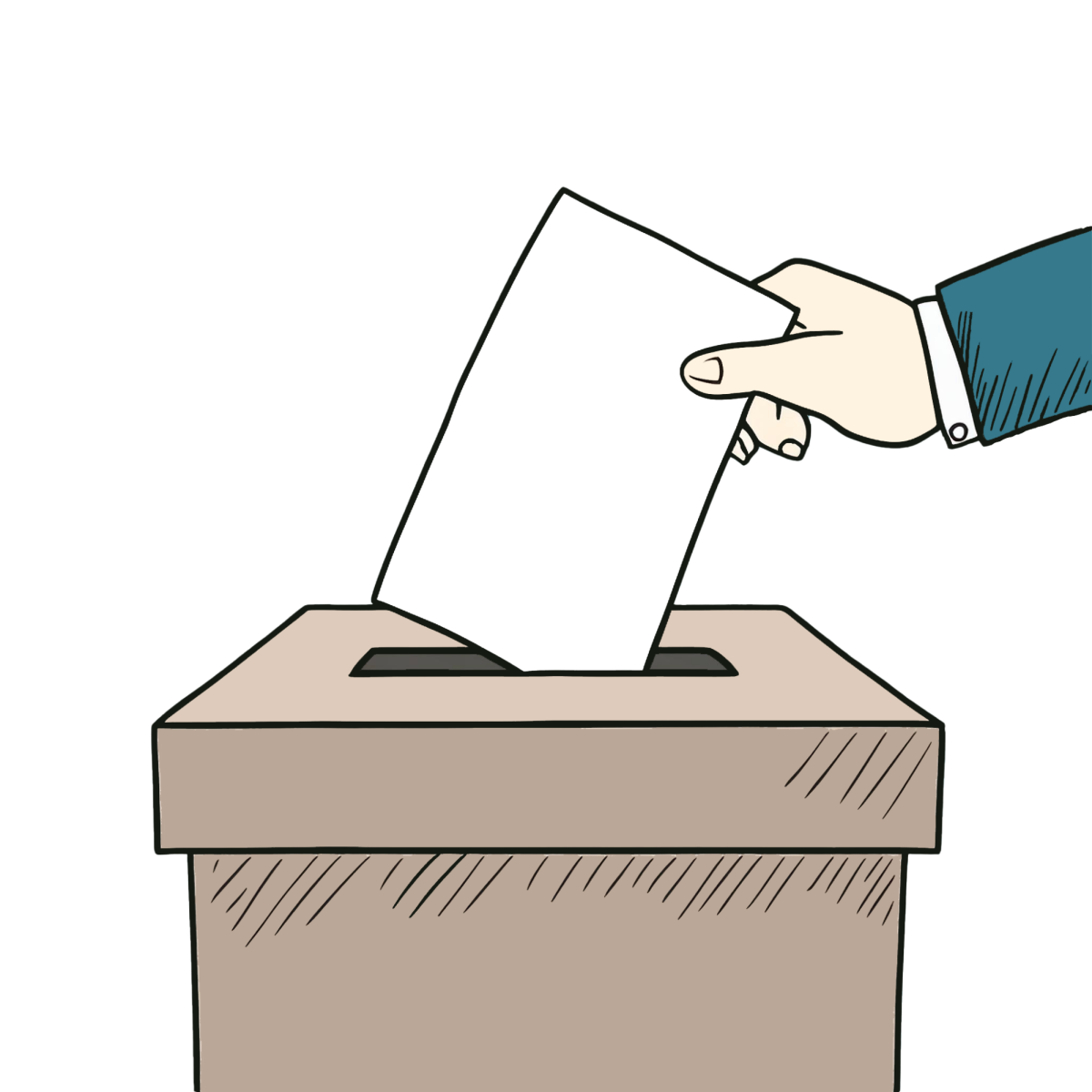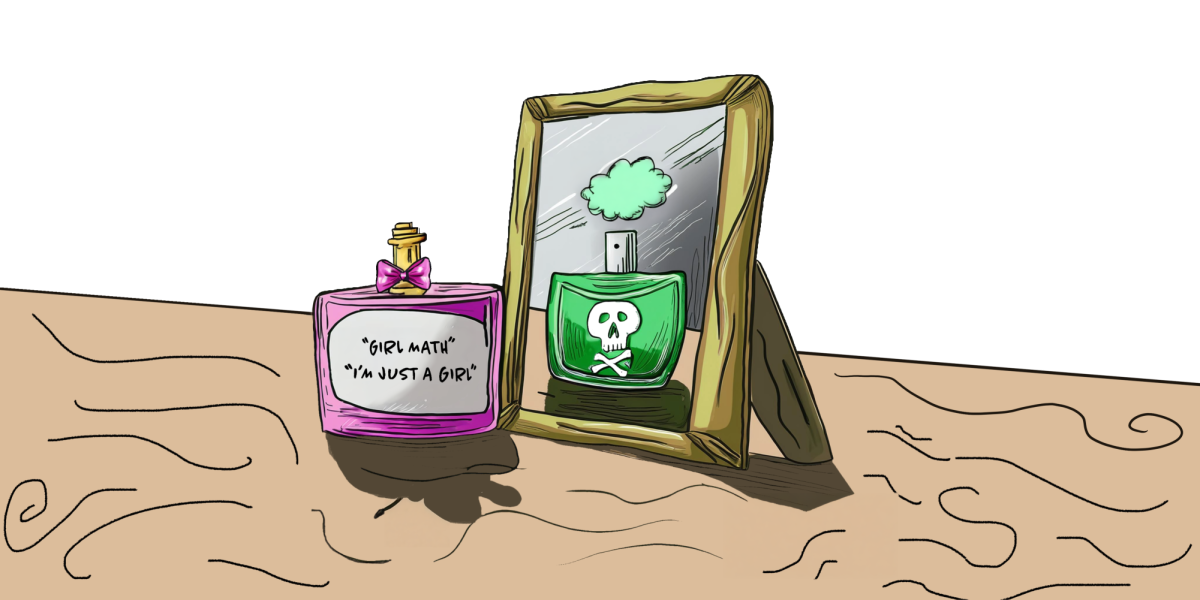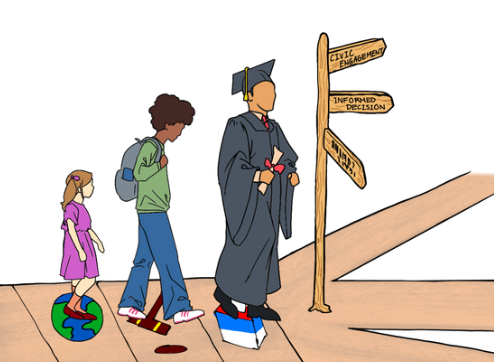Written by Katie Russell
On the morning of Oct. 10, 2015, two bombs were detonated outside the main train station at a peaceful protest in Ankara, the capital city of Turkey, killing at least 102 people and injuring at least 400 more. Tragedies like this one often seem distant, occupying our thoughts for maybe a few minutes as we reflect on how cruel and heartless some people can be, or how horrible the abstract concept of “terrorism” is. No matter how much we sympathize with the poor people in these situations, the truth is that these events are quickly forgotten or at least laid on the top of a stack of similar incidents in our minds. However, this apathy all changes when people we know and love are involved.
The word “politics” conjures up mental images of dignitaries arguing about taxes and trade deals and, during election years, drawn-out speeches full of jargon and pandering to specific demographics. A crucial piece missing from these images is ourselves. The public feels detached and distanced from the goings-on of the world around us, especially in regards to foreign affairs. Particularly in election years such as this one, it’s easy to let the stream of confusing foreign names and places flow past us without paying much attention, and even if we wanted to, it is practically impossible to find the
time to look deeply into situations in other countries. In my own experiences, I have watched abstract is- sues overseas become parts of my daily life. I studied abroad for three summers in a row—in Mexico, Turkey and Finland—and the experience of living in these environments broadened my awareness of the political issues specific to those places and situations. Having personal experiences and connections has made me feel
more involved in what’s going on in the world, making me consider the ramifications and implications of policy on the people I care about.
On that morning in October, I immediately felt that I needed to contact everyone I knew and cared about in Ankara—my host family, my Turkish friends, even my teachers—to make sure that they were all right. As I anxiously waited to hear from them, I couldn’t concentrate on anything but what had happened, and this time, everything I read was colored with the emotions and experiences I personally carry within myself. The BBC reported that the Islamic State was to blame, members of the opposition within Turkey blamed the government itself and separating fact from rumor and allegation was impossible.
Eventually I did hear from those I care about in Ankara; my host parents, sister, aunt, grandparents, etc., were all fine. Two of my close friends, both college students, had been at the protest when it was bombed. Though they had not been harmed, they had witnessed firsthand the chaos and destruction caused by the bombing, and were waiting anxiously for news from the hospital about several of their friends who were critically injured. Speaking to those friends about what they were going through caused me to think twice about what had been reported in the media; everything has a bias, and what we see is not necessarily the complete or true depiction of events. Of course, I can’t claim to have felt the tragedy in Ankara more deeply than anyone else; to do so would be to completely ignore the pain that those directly affected have felt. I was only in Ankara for eight weeks, and haven’t been back in a year and a half; yet the point is that I did feel something, and that sense of emotional connection is what ties us together across borders and political views. Nations may vary by such things as culture and cuisine, but we all universally share the capacity to connect emotionally and form close bonds with one another. Politics may seem abstract and difficult to understand, but personal ties cause those artificial borders and differences to dissolve. Firsthand experiences and relationships are absolutely integral to having a full understanding of politics.


